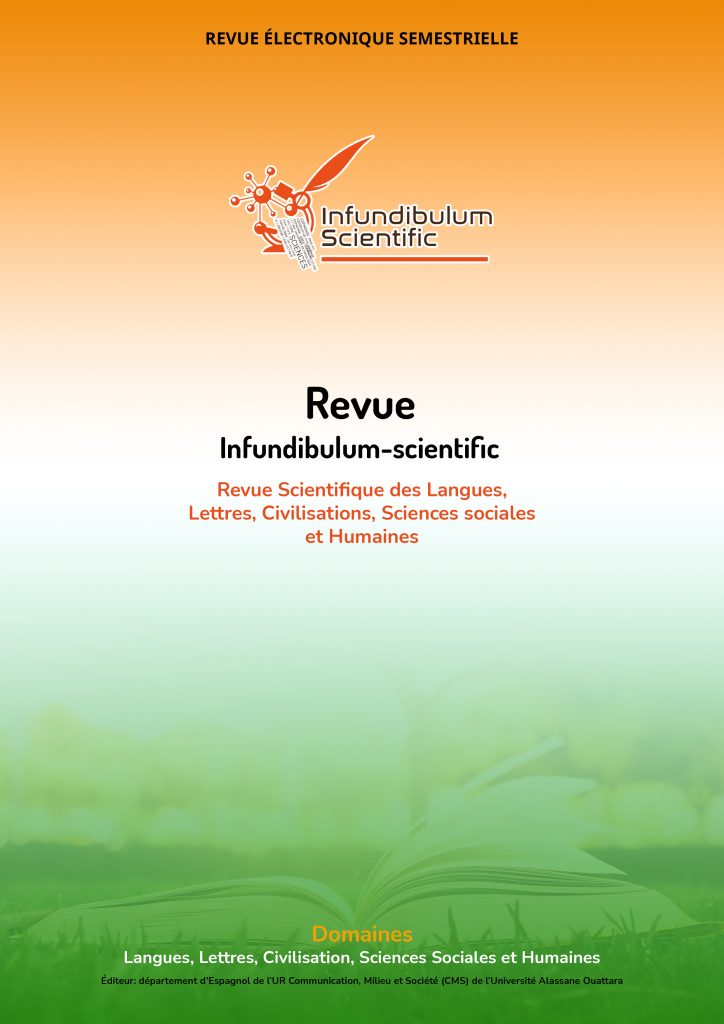LES OBSTACLES PÉDAGOGIQUES À L’INCLUSION SCOLAIRE DES DÉFICIENTS VISUELS DANS LA COMMUNE DE SAINT-LOUIS (SÉNÉGAL)
Résumé
Le principe fondamental de l’éducation inclusive est la garantie d’une éducation de qualité pour tous. Ainsi, le Sénégal s’est inscrit dans cette volonté et est passé de l’éducation spéciale à l’éducation inclusive en votant une loi d’orientation sociale et en modifiant la vocation de certaines écoles spéciales comme l’Institut National de l’Education et la Formation des Jeunes Aveugles (INEFJA). C’est dans cette optique qu’à Saint-Louis, depuis 2019, un projet d’inclusion des déficients visuels est initié par l’Etat du Sénégal à travers l’INEFJA et l’ONG belge Sensorial handicap cooperation. L’objet de cet article est d’étudier les obstacles pédagogiques liés à la prise en charge des élèves déficients visuels à besoins particuliers. Pour atteindre nos objectifs, nous avons opté pour une démarche alternant les méthodes quantitative et qualitative dans l’Inspection de l’Education et de la Formation de la commune de Saint-Louis. L’étude a permis de relever les obstacles comme : le déficit de formation et le manque de support en relief des enseignants, la pléthore des classes, les spécificités disciplinaires…
Abstract
The fundamental principle of inclusive education is the guarantee of quality education for all and together in an ordinary environment. Thus, Senegal is committed to this principle and is moving from special education to inclusive education by passing a social orientation law and changing the vocation of certain special schools such as the National Institute for Education and Training of Blind Youth (INEFJA). It is with this in mind that in Saint-Louis, since 2019, a project for the inclusion of visually impaired is initiated by the State of Senegal through the INEFJA and a Belgian NGO partner (sensorial handicap cooperation). The purpose of this article is to study the pedagogical obstacles to the inclusion of visually impaired students with special needs. To achieve our research objectives, we opted for a research approach that combined quantitative and qualitative methods in the Education and Training Inspectorate of the commune of Saint-Louis. The study allowed us to identify obstacles such as: the lack of training and the lack of support in relief of teachers, the plethora of classes, the disciplinary specificities…

